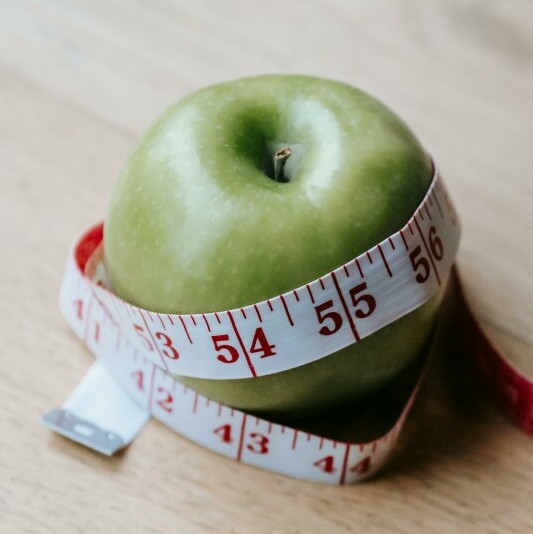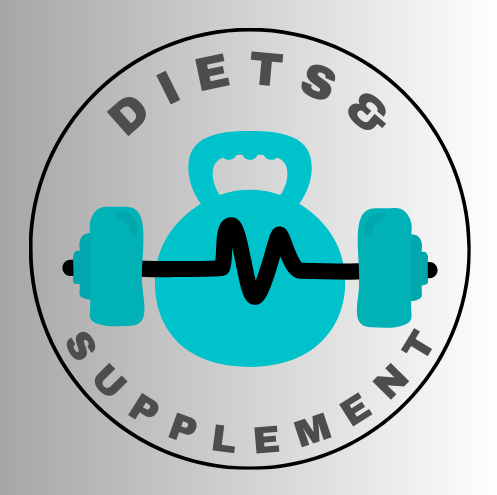 I’m often asked about fat burners — what they are, how they work, and if they’re safe. So, let’s clear up the confusion. Fat burners are supplements designed to help you burn fat more effectively. However, they’re not a magic solution. They come in various forms, such as pills, powders, and teas, and are prevalent in the weight loss and fitness industry.
I’m often asked about fat burners — what they are, how they work, and if they’re safe. So, let’s clear up the confusion. Fat burners are supplements designed to help you burn fat more effectively. However, they’re not a magic solution. They come in various forms, such as pills, powders, and teas, and are prevalent in the weight loss and fitness industry.
You will find a wide array of fat burners available — thermogenics, appetite suppressants, and fat blockers are among the most popular types. Each works differently: thermogenics may boost your metabolism, appetite suppressants aim to reduce your hunger, and fat blockers assert to prevent your body from absorbing fat.
But how do these products work? The science behind fat burners often hinges on ingredients that claim to increase energy expenditure or calorie burn, even while you’re at rest. Common ingredients include caffeine, green tea extract, and conjugated linoleic acid (CLA). It’s crucial to scrutinize the ingredient list, as not all components are backed by solid scientific research.
The knowledge I’ve accumulated over the years tells me that it’s essential for you to understand that while some fat burners can complement your weight loss journey, they should not replace the fundamentals of a healthy diet and regular exercise. This understanding leads us to a critical query that shapes the direction of our efforts: what does really work for fat burning? It’s about time we shift our focus from commercial solutions to evidence-based methods.
========>Try this fat burning coffee to start your day<=========
The Truth About Fat Burning: Separating Facts from Myths
When it comes to losing weight and burning fat, there’s an abundance of information out there, and not all of it is reliable. It’s my job to help you understand what’s true and what’s fiction so you can make informed decisions about your health.
One of the most widespread myths is that fat burners can magically melt fat away without any additional effort. It’s critical to be clear: NO supplement can replace the fundamental principles of a balanced diet and regular exercise.
Another misconception is that fat can be targeted for reduction from specific body areas, through supplements or particular exercises. However, fat loss tends to be systemic, meaning your body decides where it loses fat, and this cannot be changed through spot reduction techniques.
Many believe that fat burning happens only during workouts. While exercise does increase the rate at which you burn fat, your body also continues to burn calories at a baseline rate, even at rest – a process known as resting metabolic rate.
A fact you should remember is that consistency is key. The proper fat burning approach involves a sustained, multifaceted effort over time. There is no quick fix or shortcut that will yield sustainable results.
As we transition to discussing how to use fat burners safely and effectively, keep in mind that these supplements should support, not replace, the pillars of a healthy lifestyle. In the next section, I’ll guide you through choosing fat burners wisely and complementing them with the right routines.
How to Use Fat Burners Safely and Effectively
When it comes to integrating fat burners into your routine, safety and effectiveness should be your top priority. Before I proceed, I should note that fat burners are not a miracle solution. They can potentially aid the process when used alongside a consistent exercise program and a nutritious diet.
In selecting a fat burner, it’s vital to do your homework. Start by researching ingredients and read up on clinical studies that back up their effectiveness. Look for products with transparent labels so you know exactly what you’re taking. And remember, if a product claims to shed pounds without any lifestyle changes, be skeptical. Such claims are often too good to be true.
Once you’ve chosen a fat burner, follow the instructions carefully. Overconsumption won’t accelerate fat loss and can be dangerous. Start with the lowest possible dose to see how your body reacts, especially if you have sensitivity to caffeine, which is common in these products.
Simultaneously, adopting a healthy lifestyle is non-negotiable. I cannot emphasize enough that fat burners should complement, not replace, sound nutritional habits and regular physical activity. Without these cornerstones, fat burners lose most of their efficacy.
I’d also advise consulting with a healthcare professional before starting any new supplement, particularly if you have underlying health conditions or are taking other medications. A physician can help assess the suitability of a fat burner for your circumstance and monitor your progress.
Alternatives to Fat Burners: Boosting Fat Loss Naturally
Beyond the allure of fat burners, there is a world of natural strategies that effectively promote fat loss without the need for supplements. These methods are not only sustainable but also nourish the body and support overall health.
DIETARY CHANGES play a pivotal role. Incorporating foods that are high in protein and fiber can increase satiety and reduce overall calorie intake. Foods like leafy greens, whole grains, and lean meats can become staples of a fat-loss-friendly diet.
EXERCISE is essential. Engaging in both aerobic activities and strength training exercises builds muscle and increases caloric expenditure. From brisk walking to lifting weights, consistency is key to seeing results.
A HEALTHY LIFESTYLE, including adequate sleep and stress management, must not be overlooked. A well-rested body functions better, and managing stress can prevent overeating or reaching for high-calorie comfort foods.
As you forge your path to weight loss, remember that patience and commitment are your true allies. There are no quick fixes, but with determination and the right habits, achieving your fat loss goals is completely within your reach.
